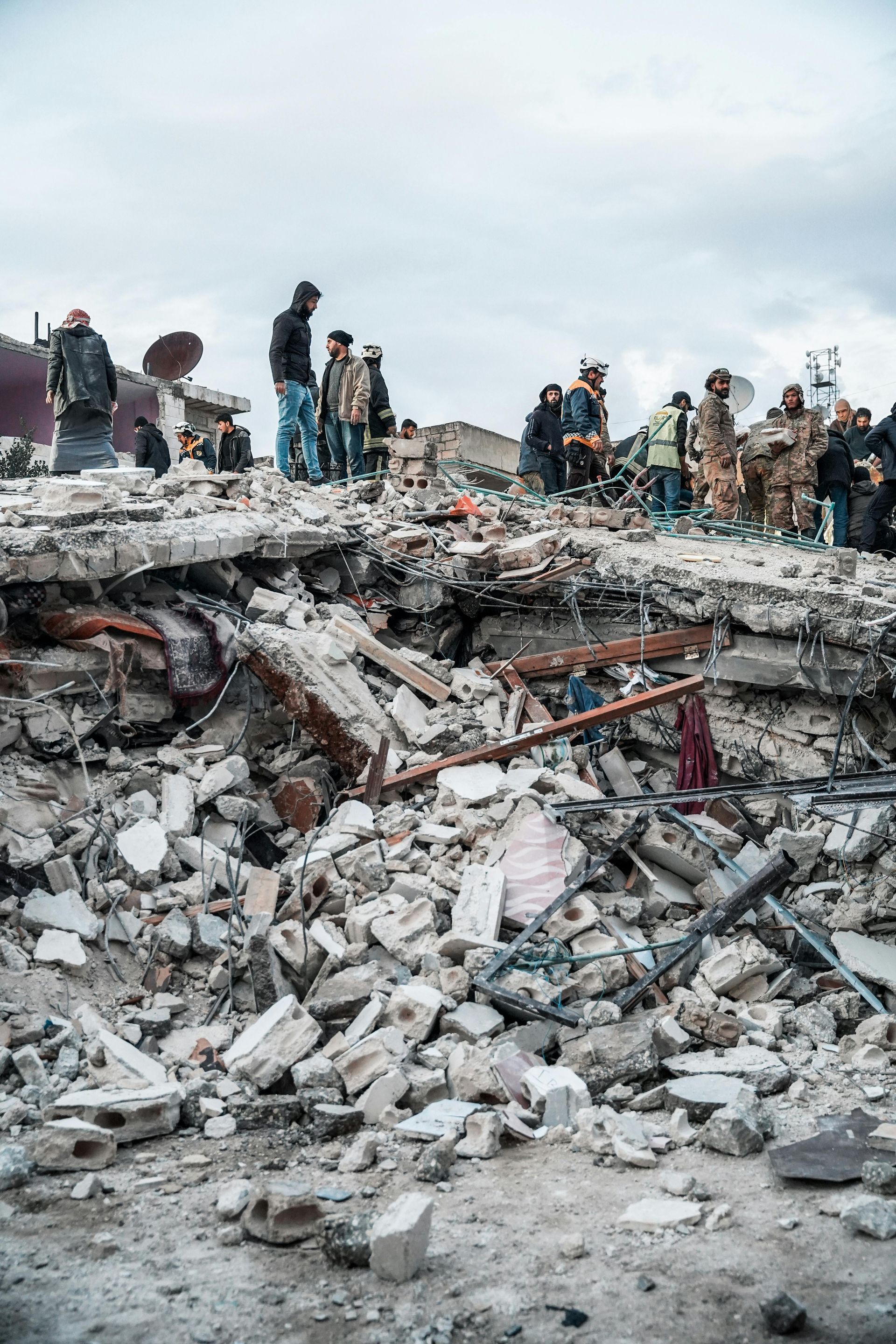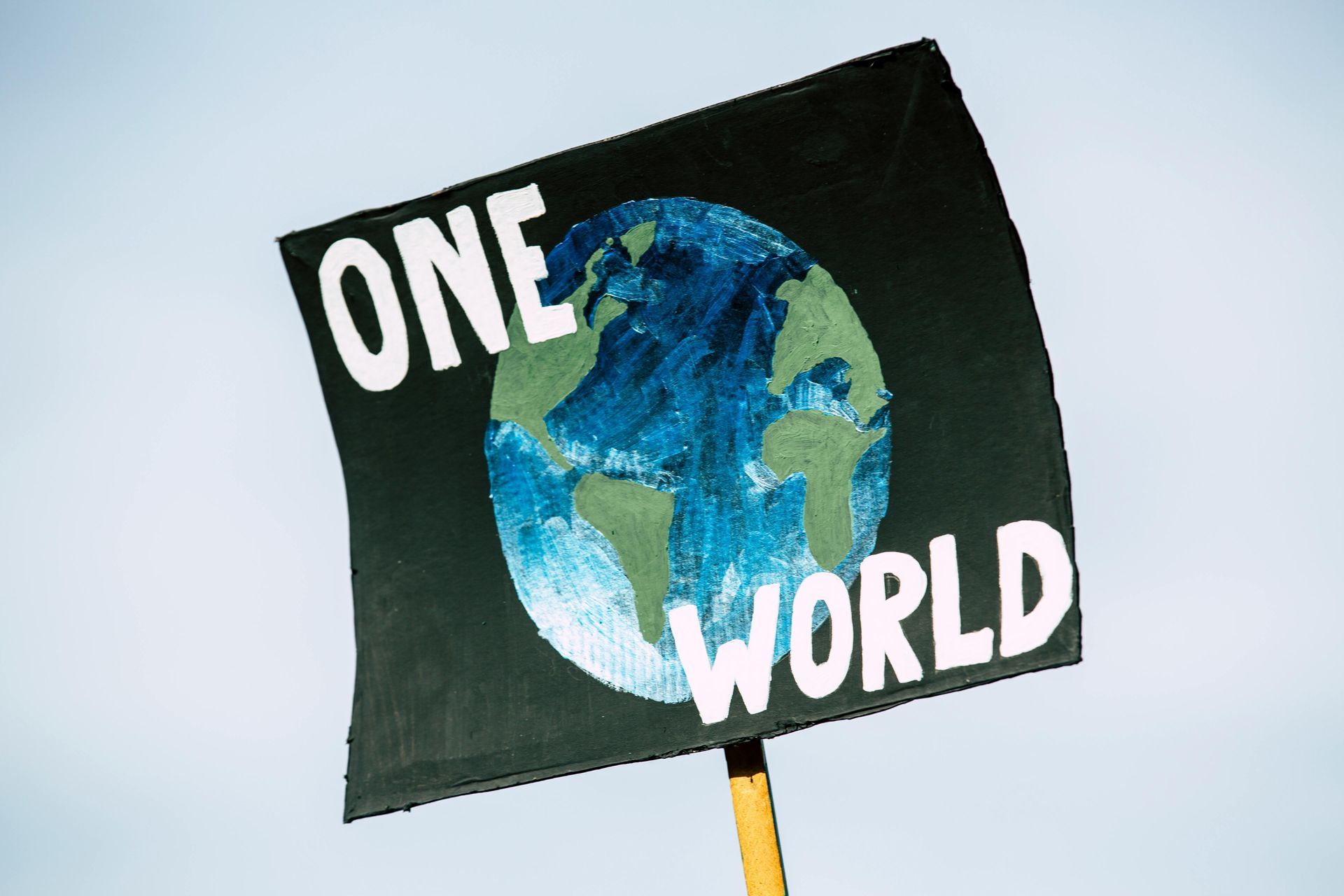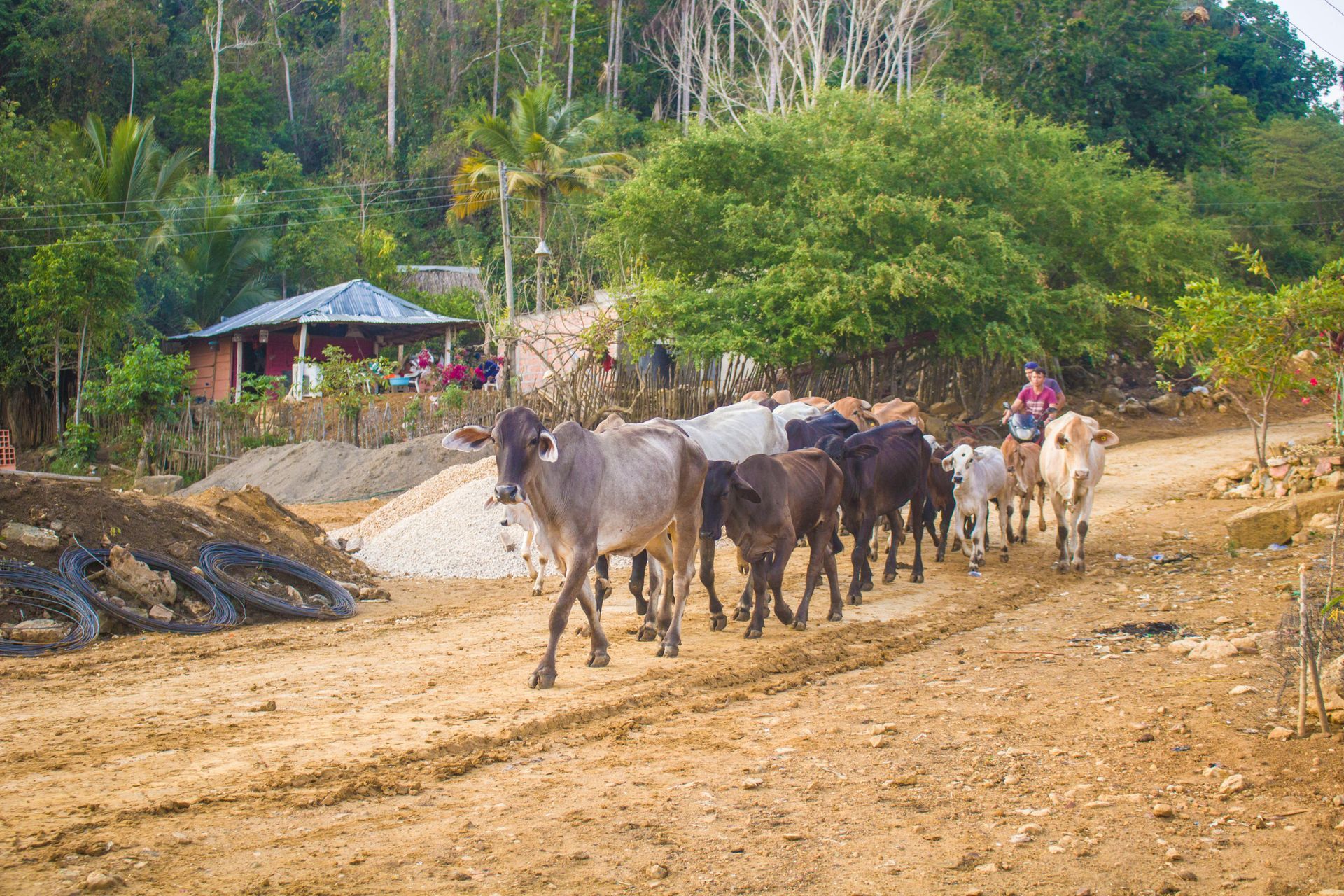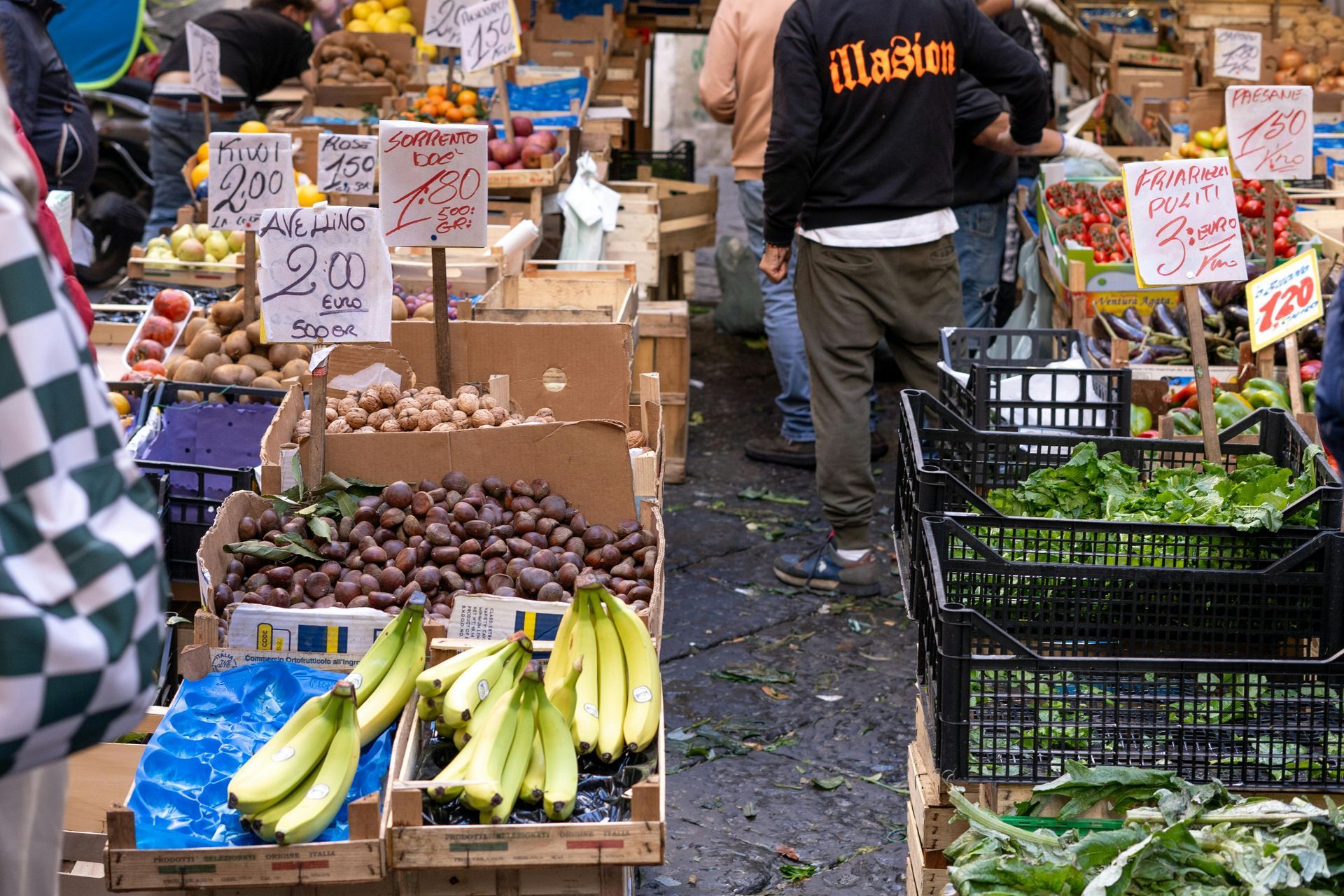Їжа як зброя: як глобальна політика спричиняє кризу голоду.
Голод як політична стратегія: розкриття темної сторони глобальної Diploma.cy.
Глибоке занурення у світовий голод: політичне використання їжі як зброї
In recent years, the global community has witnessed an alarming rise in famine crises across various regions, with devastating impacts on millions of lives. While natural disasters and climate change are often cited as primary causes, the role of global politics in exacerbating food shortages reveals another disturbing facet of this humanitarian issue. Food, a basic human necessity, is increasingly being manipulated as a weapon in political and military conflicts, heightening the severity of famine crises worldwide.
Політична нестабільність та конфлікт
Political instability and armed conflicts are among the most significant contributors to famine conditions. In many regions, ongoing conflicts disrupt food production and distribution networks, making it difficult for populations to access essential supplies. Warring factions may deliberately target agricultural areas, destroy crops, or implement blockades, effectively using food as a tactical weapon to weaken opponents or control territories. For instance, in war-torn regions such as Yemen and Syria, food has become a strategic asset, with warring parties often obstructing humanitarian aid to gain leverage or punish civilian populations.
Sanctions and Economic Warfare
Economic sanctions are another tool in the geopolitical arsenal that can inadvertently or intentionally exacerbate food insecurity. While intended to pressure governments into compliance or reform, sanctions can strangle economies, limiting a country's ability to import food and agricultural supplies. This economic warfare can devastate local production, leading to sharp increases in food prices and creating scarcity for vulnerable populations. Iran and North Korea, for example, have both experienced food shortages partially attributed to international sanctions, compounding their already challenging situations.
Trade Policies and Global Supply Chains
Глобальна торговельна політика та ланцюги поставок відіграють вирішальну роль у визначенні наявності та цін на продукти харчування. Протекціоністська політика, тарифи та заборони на експорт можуть суттєво порушити глобальні ланцюги поставок продовольства, що призведе до дефіциту та інфляції в країнах-імпортерах. Взаємопов'язаний характер сучасних економік означає, що політичні рішення, прийняті в одній країні, можуть мати далекосяжні наслідки, впливаючи на продовольчу безпеку в усьому світі. Наприклад, під час пандемії COVID-19 кілька країн запровадили обмеження на експорт основних продуктів харчування, що підкреслило крихкість глобальних ланцюгів поставок та потенціал політичних заходів для загострення продовольчої кризи.
Climate Change and Environmental Politics
Climate change, influenced by global political decisions and environmental policies, is a driving factor behind increasing food insecurity. Political inaction or insufficient commitment to addressing climate change can lead to severe environmental conditions such as droughts, floods, and changing weather patterns, all of which impact agricultural output. Furthermore, political debates on resource management, such as water rights or land conservation, can aggravate tensions and contribute to the mismanagement of essential resources required for food production.
Conclusion
Політизація продовольства, чи то через прямі конфлікти, економічні санкції, торговельну політику чи екологічну недбалість, виявляє тривожний вимір сучасної геополітики. Їжа, яка є фундаментальною необхідністю для виживання людства, не повинна служити інструментом для політичних маніпуляцій чи примусу. Вирішення проблеми голоду вимагає термінової міжнародної співпраці, зобов'язань щодо врегулювання конфліктів та деполітизації продовольчої допомоги. Світові лідери повинні надати пріоритет гуманітарним потребам та співпрацювати, щоб забезпечити дотримання продовольчої безпеки як універсального права людини, вільного від впливу політичних програм. Тільки завдяки скоординованим зусиллям світ може сподіватися пом'якшити кризу голоду та захистити основоположне право на харчування для всіх.


































